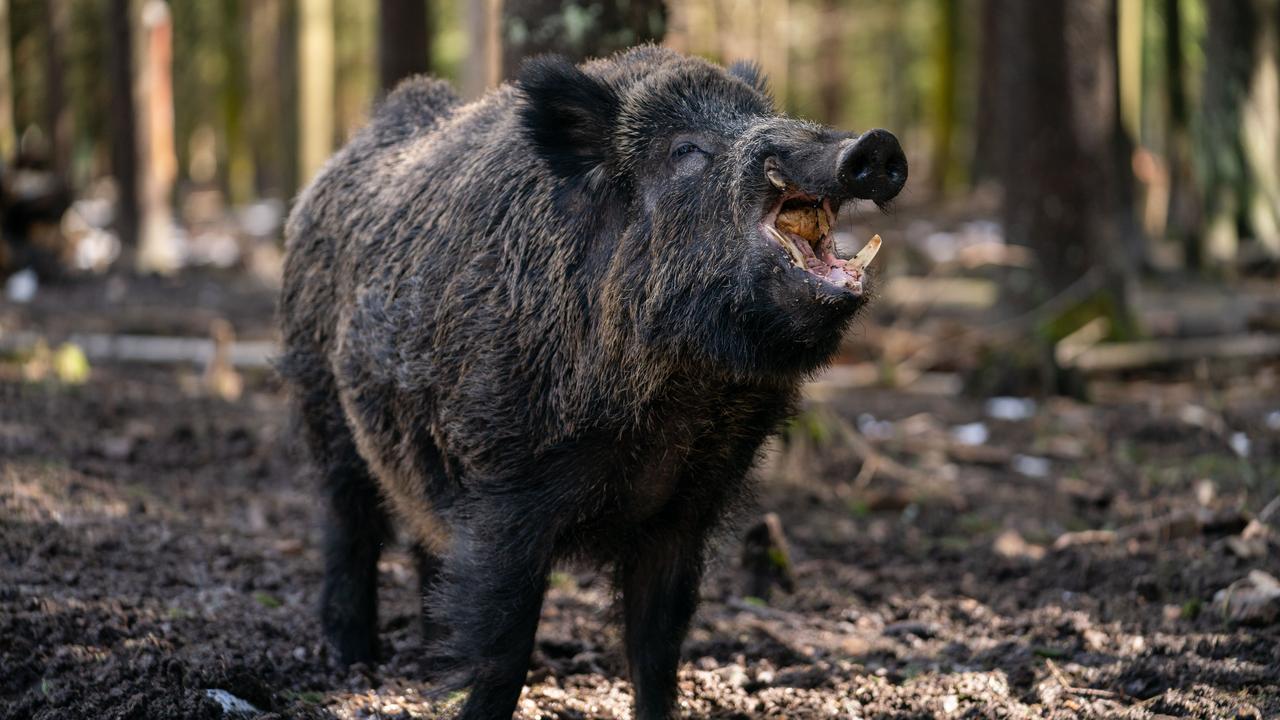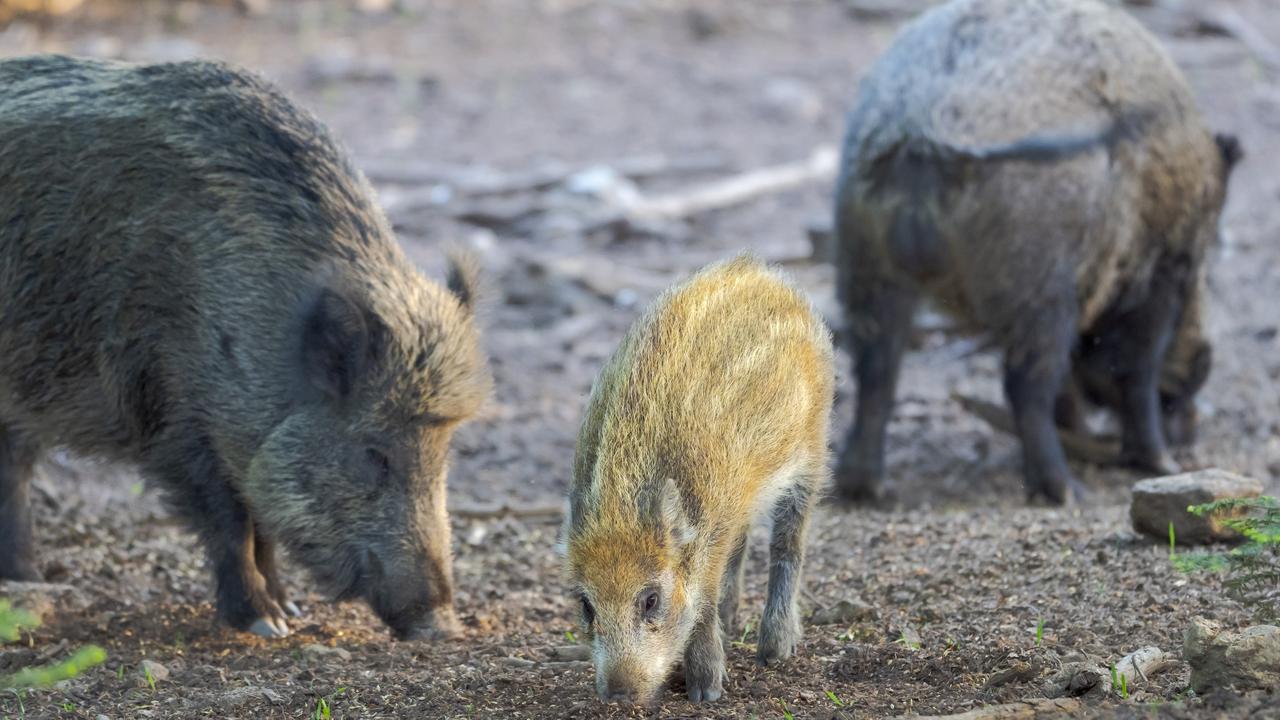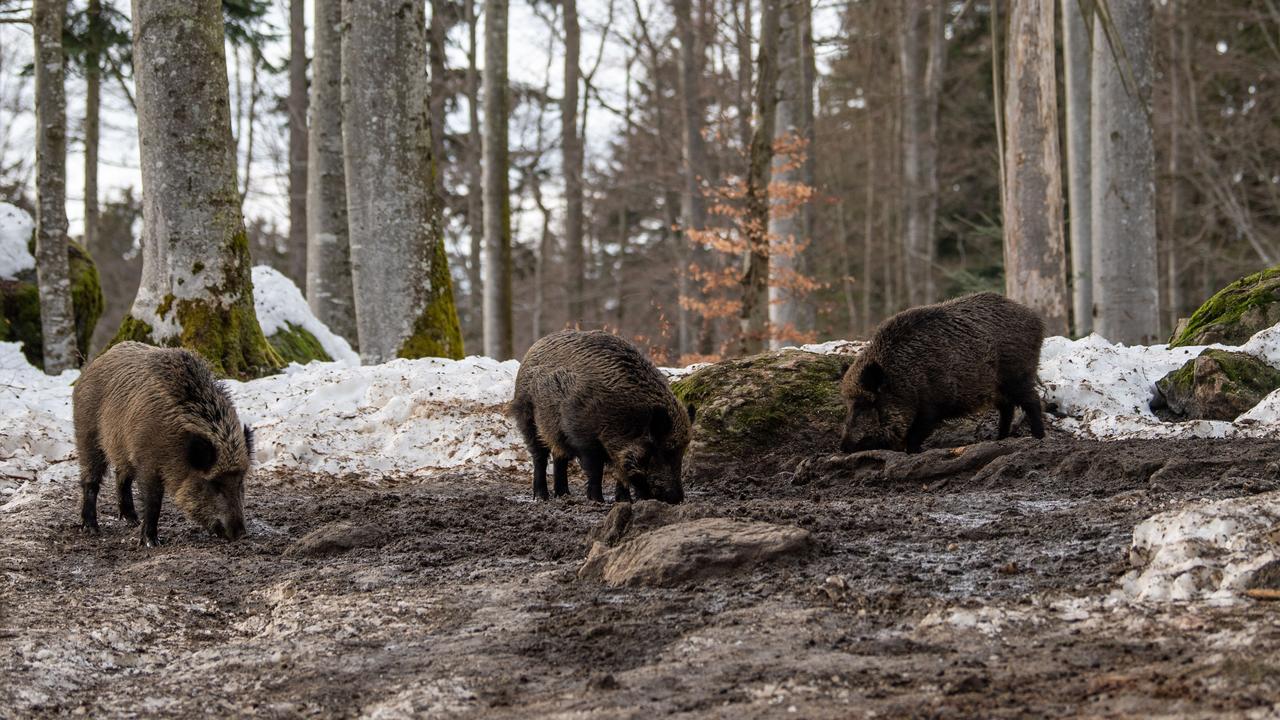Bizarre reason Germany’s wild boars are radioactive
Scientists have finally discovered why German wild boars are so radioactive, and it’s due to their taste for a fancy treat.
Scientists have finally figured out why German wild boars are still so radioactive, decades after the Chernobyl nuclear disaster.
Bavaria, in southeast Germany, was hit hard by radioactive contamination after the Chernobyl nuclear plant in Ukraine (then the USSR) exploded in April 1986, sending deadly contaminants across much of Europe.
Many animals — and, indeed, many people — received doses of radioactivity due to the explosion. Many animals were killed due to fears they would spread the contaminants.
In the years since, levels of radioactivity in animal species that were exposed to the meltdown have declined significantly — except for Bavarian wild boars that is.
In fact, the boars are so stubbornly radioactive that the puzzle was given its own name, the “wild boar paradox”.

Radioactivity, explained
Some radioactive materials persist in the environment for a very long time. Their persistence is measured in half-lives, meaning the amount of time it takes for the levels of a material to reduce by half.
Caesium-137, for instance, is associated with nuclear reactors like at Chernobyl and has a half-life of about 30 years. Caesium-135, which is associated with nuclear weapon explosions, has a half-life of 2.3 million years.
The radioactivity of Bavarian wild boars was blamed on contamination as a result of the Chernobyl meltdown, but there was a problem. The half-life of caesium-137 means the boars’ radioactivity should have reduced substantially. But, 37 years on from Chernobyl, it hasn’t.

Why are Bavarian boars still radioactive?
It turns out, Bavarian wild boars are kept radioactive due to their taste for truffles, which were contaminated by the fallout of Cold War nuclear weapons tests.
In a study published in Environmental Science and Technology, scientists discovered Cold War nuclear fallout was behind the wild boar paradox, with radioactive material from both Chernobyl and nuclear weapons tests accumulating in fungi, including truffles.
Boars have a taste for truffles because of their strong scent, which is produced by a hormone also found in the saliva of male pigs. It is those contaminated truffles, dug up and eaten by wild boars, that scientists believe have continued to feed the boars’ radioactivity even as nuclear testing has stopped.

To make that leap, the researchers analysed the meat of 48 boars in 11 Bavarian districts between 2019 and 2021, using the ratio of caesium-135 to caesium-137 to determine the source of radioactivity. The ratios between these two isotopes are specific to each source of radiation, forming a unique fingerprint that researchers can use in analysis — a high ratio of caesium-135 to caesium-137 indicates radioactivity due to nuclear weapon explosions, while a low ratio suggests radioactivity due to nuclear reactors.
The researchers compared the isotopic fingerprints of the boar meat with those of soil samples from Fukushima and Chernobyl, as well as from historical human lung tissue collected in Austria. The lung tissue was processed in the 1960s and revealed signs of the isotopic fingerprint left by nuclear weapons testing during the Cold War.
They found that 88 per cent of samples taken exceeded the German limit for radioactive caesium, and 10-68 per cent of the contamination came from nuclear weapons testing. The contaminants from both the weapons test and Chernobyl disaster seeped deep into the earth and were absorbed by underground truffles, explaining the wild boar paradox.
The researchers said their findings showed the long-term impacts of nuclear weapons testing were far-reaching and poorly understood.
“This study illustrates that strategic decisions to conduct atmospheric nuclear tests 60-80 years ago still impact remote natural environments, wildlife, and a human food source today,” the authors wrote.
Get in touch — chloe.whelan@news.com.au






